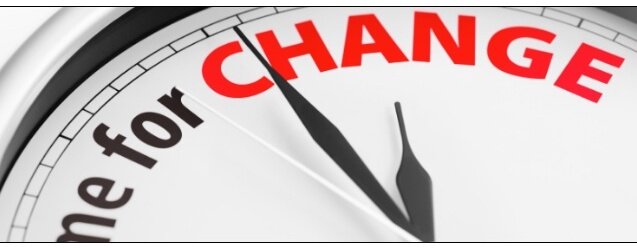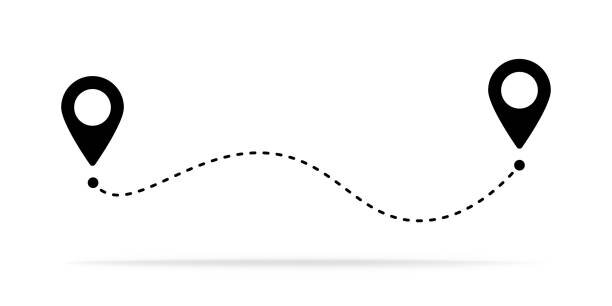When you need information that you don’t have, you are usually not aware that you need it. If you only have partial information, you will make the best story possible with the information you have - and your confidence will be determined by the coherence of that story.
Marketing is what we do when we want things to be different, for example, to change the culture or to change the behaviour of our target audience. When you are comparing brands with each other, you may have generated external preferences by association or memory, not only because of what you see in the given moment. What you see in the moment may make you think of the other brand, therefore, you be aware that the influence of context is really powerful and extremely easy to exaggerate.
I think marketing is the work of telling a story that is true to someone specific. And this story will help them to see the world differently and/or take a different action. This is because the only purpose of marketing is to make a change. Nowadays marketing should be a generous act of leading people towards the change you want to make. Contact me via e-mail for specific guidance on:-
a) Who’s it for?
b) What are the changes you seek to make?





















